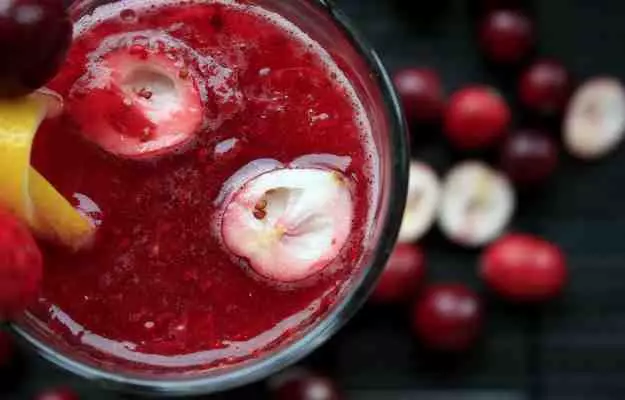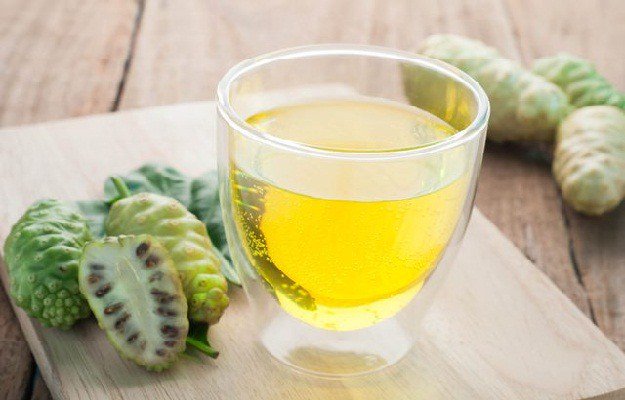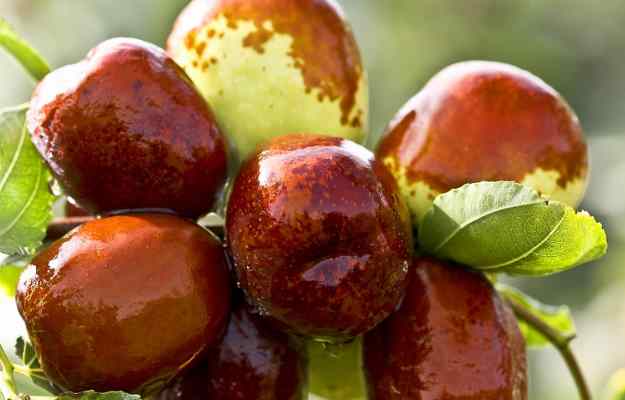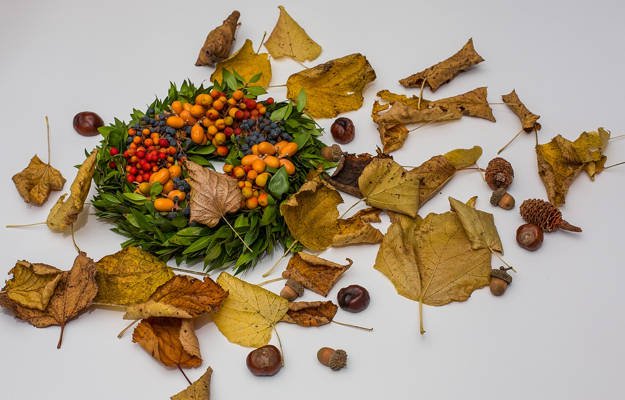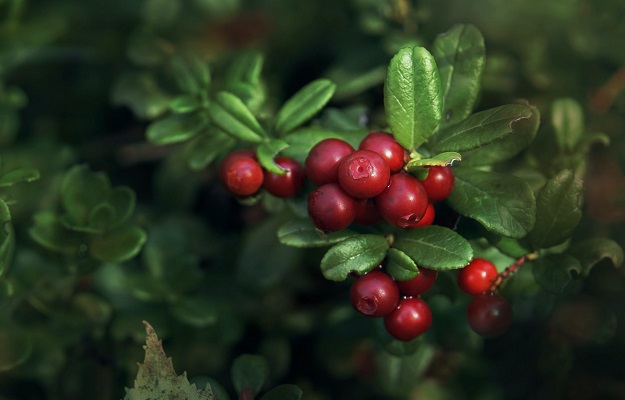While they are not grown or that easily available in India in their fresh and ripe form, cranberries are rising in popularity in the country as more and more people are discovering the benefits of consuming them. In fact, cranberries are now hailed as a superfood across the globe, so it makes sense that you would want to include them in your balanced diet if you are health-conscious.
Cranberries are a type of berry produced in Europe and North America, with the United States of America being the leading producer. In India, dried or dehydrated cranberries and cranberry juice are now easily available. Since cranberries are packed with vitamins, minerals and antioxidants, their consumption is considered to be highly beneficial for both the prevention of diseases and the maintenance of good health. Dietary supplements with cranberry extracts are also recommended by doctors, especially to people prone to urinary tract infections (UTIs).
This is primarily the reason why people are turning to cranberry juice in India. But is making cranberry juice a part of your diet a healthy choice? Research indicates that while consuming unsweetened cranberry juice has many benefits to provide, if the juice has added sugars or artificial sweeteners or flavours, it may do more harm than good. So, selecting the right cranberry juice is important for your health. Read this article to find out everything you need to know about cranberry juice.
(Read more: Healthy foods)

